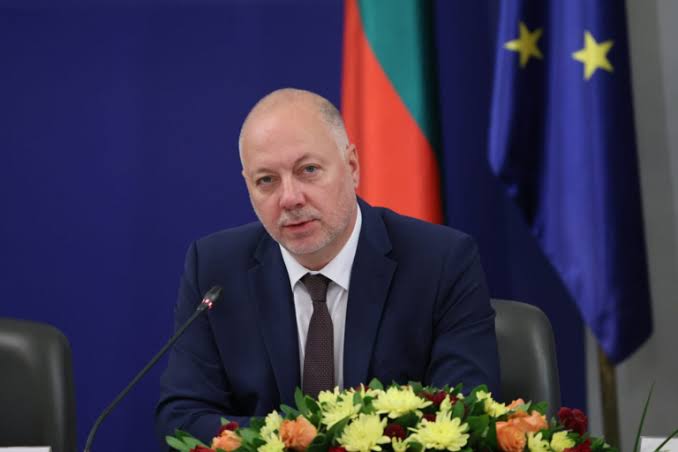Bulgarian Prime Minister Rosen Zhelyazkov Reaffirms Strong Support for Ukraine’s EU Path in Talks with PM Yulia Svyrydenko

Sofia, The Gulf Observer: Bulgarian Prime Minister Rosen Zhelyazkov reiterated Bulgaria’s firm backing of Ukraine’s European integration during a videoconference with Ukrainian Prime Minister Yulia Svyrydenko. He stressed that Bulgaria remains one of the most consistent and active advocates of Ukraine’s accession to the European Union, underlining that progress must be guided by the principle of merit.
Zhelyazkov assured that Sofia is ready to share its own experience from the EU integration process to support Kyiv on its journey. He welcomed Ukraine’s determination to pursue key reforms tied to EU membership, emphasizing their significance amid heightened geopolitical risks and Russia’s ongoing full-scale aggression. According to him, Bulgaria firmly views Ukraine’s future within the European Union, where integration can serve as a foundation for prosperity across the wider region.
The Bulgarian Prime Minister voiced support for the opening of the first negotiation cluster and highlighted the importance of Ukraine’s Action Plan on National Minorities, describing it as a vital step for launching formal chapters in accession talks.
Reaffirming Bulgaria’s solidarity with Ukraine in the context of the war, Zhelyazkov underlined that a lasting peace must rest on justice, sovereignty, and security guarantees. He welcomed international efforts aimed at ending Russia’s aggression, particularly noting the commitment of U.S. President Donald Trump’s administration to contribute to such an outcome. He stressed that peace should not rely solely on a ceasefire but must be built on conditions that ensure long-term stability and prosperity for both Ukraine and Europe.
Looking ahead, Zhelyazkov emphasized Bulgaria’s readiness to take part in Ukraine’s recovery and reconstruction once the war concludes. He confirmed Sofia’s willingness to contribute to reforms and post-war rebuilding efforts. The discussion also addressed regional energy security and enhanced transport connectivity, issues seen as critical to both Ukraine’s integration and broader regional stability.


